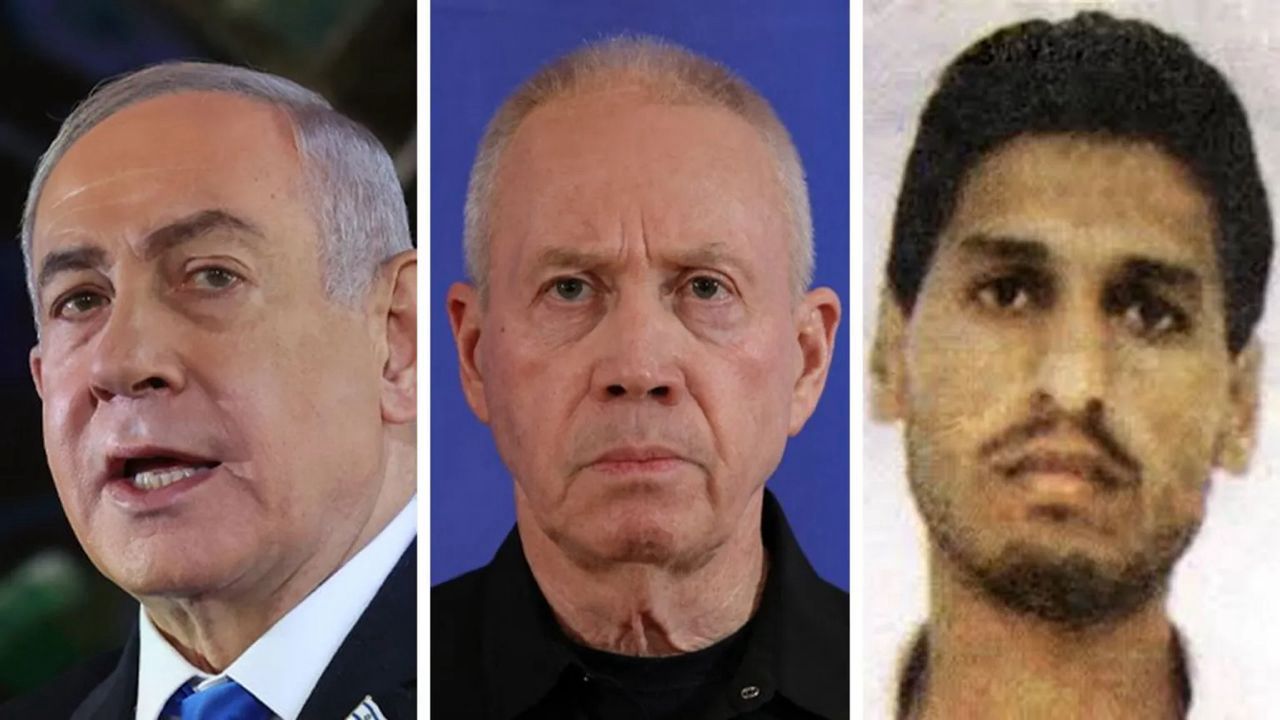NAIROBI, Kenya, Nov 21 – A United States-led effort to transition the Kenya-led multinational force in Haiti into a United Nations (UN) peacekeeping mission has faced a significant setback following Russia and China vetoing the proposal.
The two countries called for a special UN Security Council meeting to voice their concerns, dealing a blow to Kenya’s hopes of securing a more stable and well-funded mission under the UN’s framework.
The multinational force, which has been assisting Haiti in battling a surge of gang violence, is facing mounting challenges, including a critical funding shortfall and insufficient troop deployment.
The United States proposed transitioning the multinational force to a UN peacekeeping mission in early September to address these financial issues to secure regular funding through UN mechanisms and provide more sustainable logistical and personnel support.
However, Russia and China raised objections, citing concerns about the conditions on the ground in Haiti, which they argue are not suitable for a peacekeeping operation
The United States proposed transitioning the multinational force to a U.N. peacekeeping mission in early September to address these financial issues. The goal was to secure regular funding through U.N. mechanisms and provide more sustainable logistical and personnel support. However, Russia and China raised objections, citing concerns about the conditions on the ground in Haiti, which they argue are not suitable for a peacekeeping operation.
“Deploying a peacekeeping operation at this time is nothing more than putting peacekeepers into the front line of the battles with gangs,” said China’s Deputy UN Ambassador Geng Shuang emphasized that peacekeepers should only be deployed when peace is already established, a situation not yet present in Haiti, where gang violence has led to widespread instability.
Russia’s Deputy U.N. Ambassador Dmitry Polyansky echoed similar sentiments, expressing “shock and horror” over the violence in Port-au-Prince, but criticized the international community for failing to adequately fund the existing mission.
The fate of the Kenyan-led mission hangs in the balance of the cash crunch in the face of objections by China and Russia, both of whom are members of the powerful UN Security Council.
Last month, Kenya appealed for urgent financial support from the international community to sustain a police deployment in Haiti, which has been extended by a year.
More than 3,600 people have been killed in the country since January, including over 100 children, while more than 500,000 Haitians have been forced from their homes, the UN said.
Violence in Haiti is still rife and a UN human rights expert has warned that gangs are targeting new areas, causing further displacement.
Kenya deployed 400 of its pledged 1,000 police officers in June and July this year with 600 more expected to be deployed this month.
The force was originally intended to deploy 2,500 international police officers, but only around 400 are currently on the ground.
The UN trust fund that finances the force remains underfunded, with only $85.3 million (Sh11,046,350,000) of the $96.8( Sh12,535,600,000) million pledged to date.










